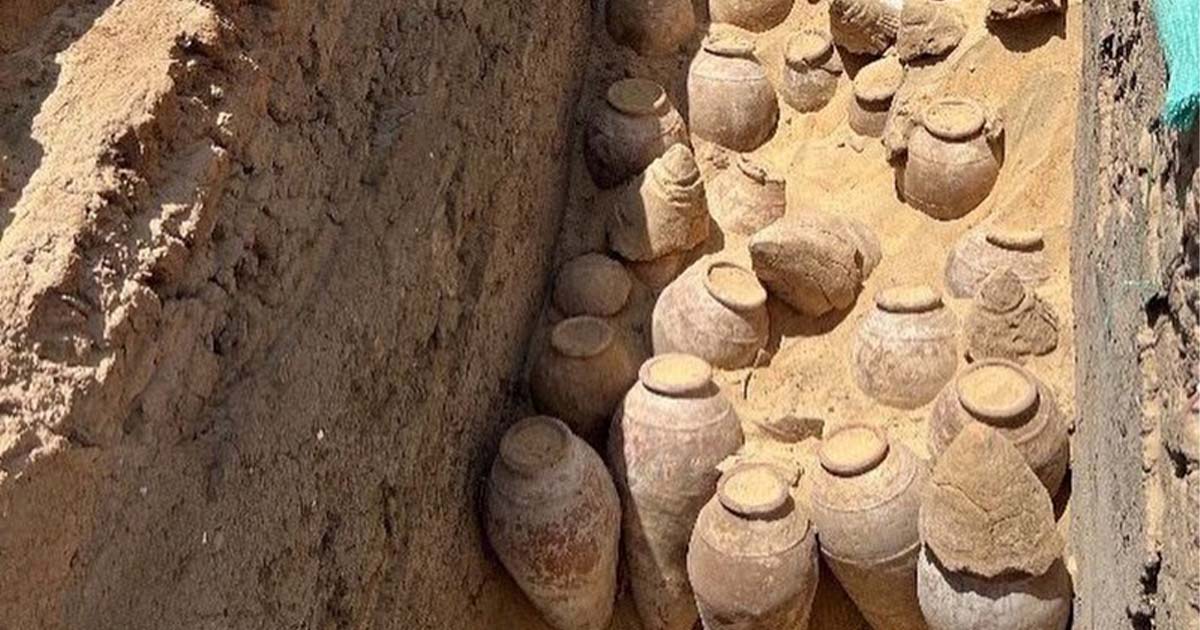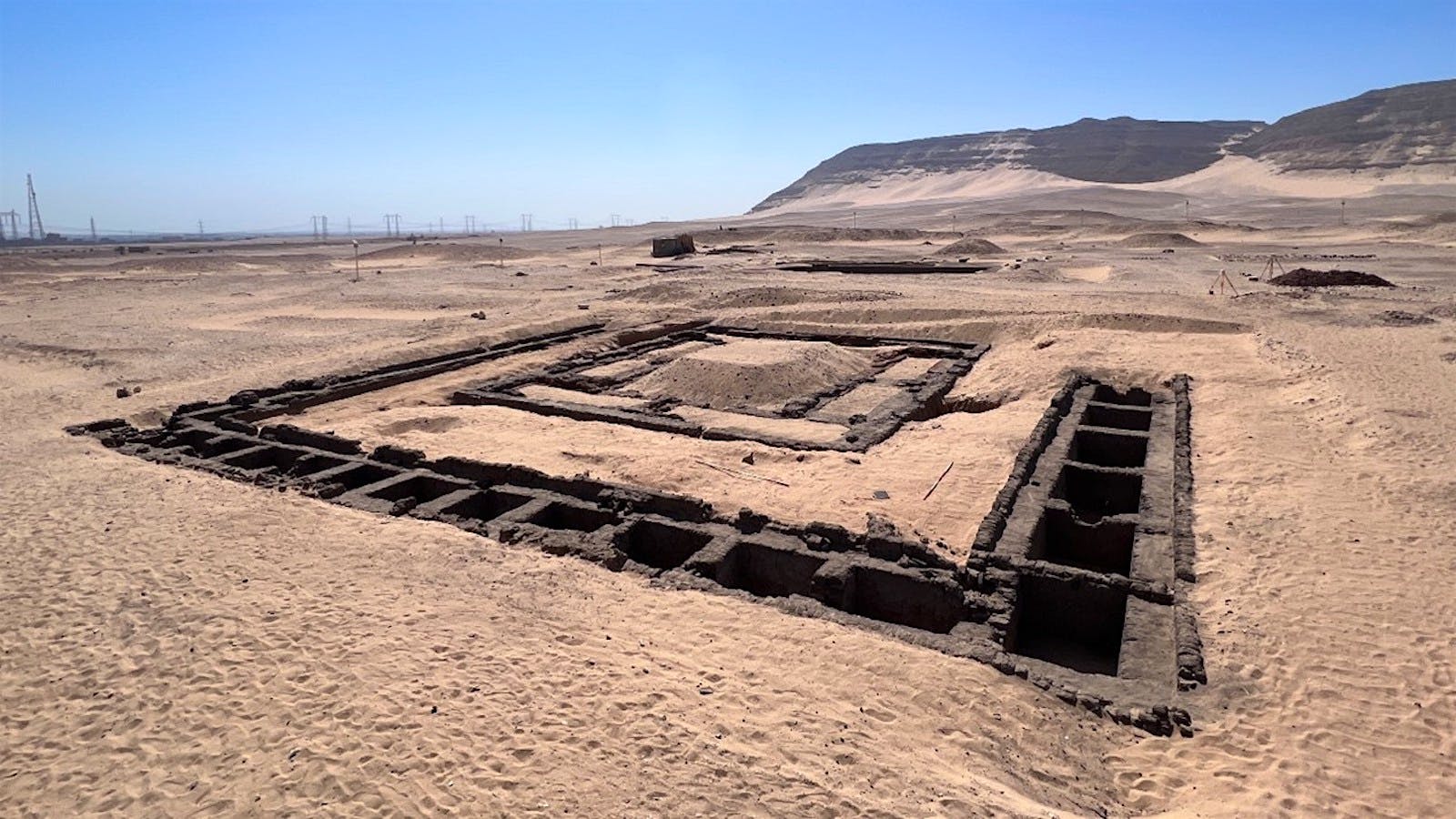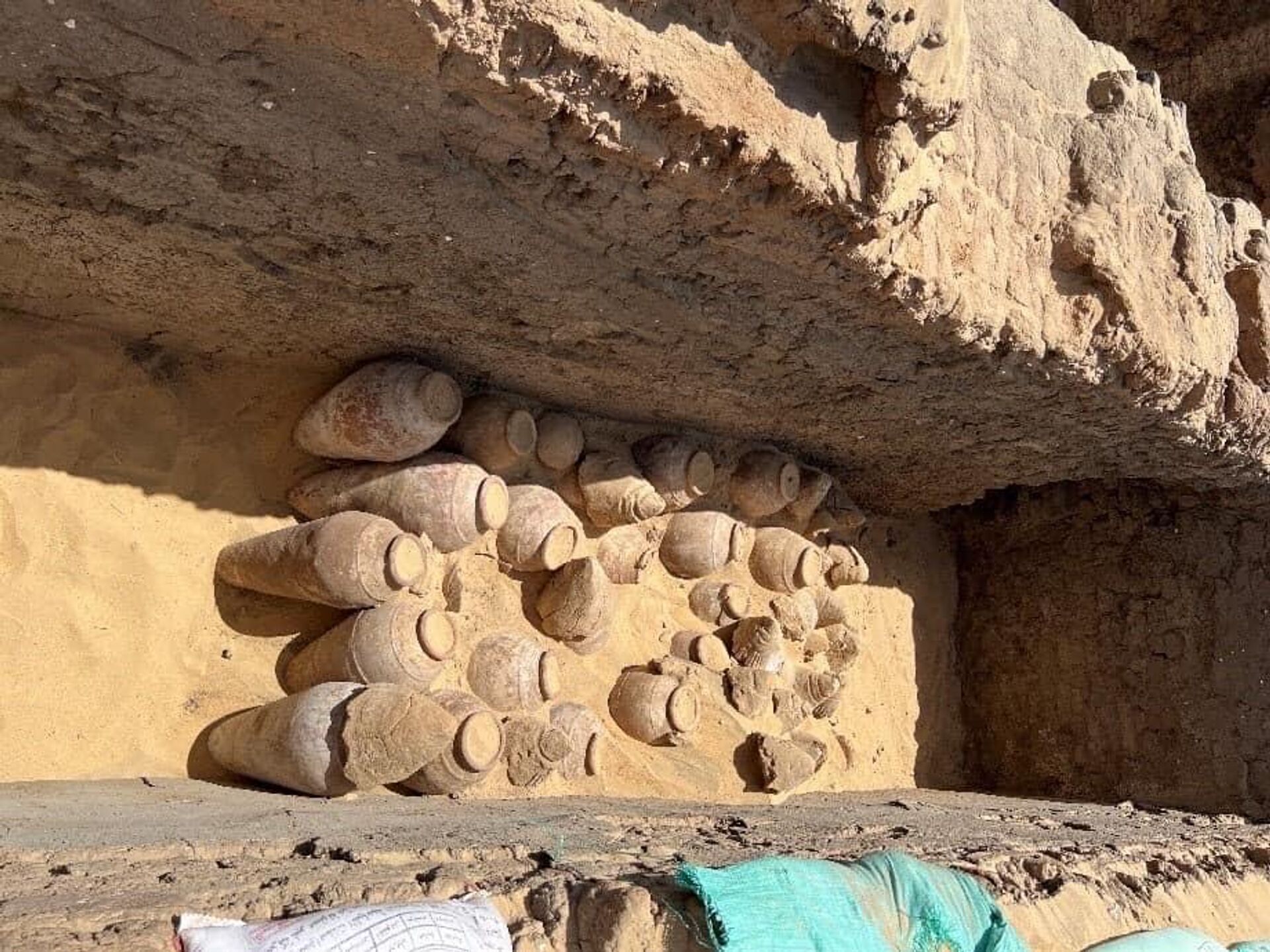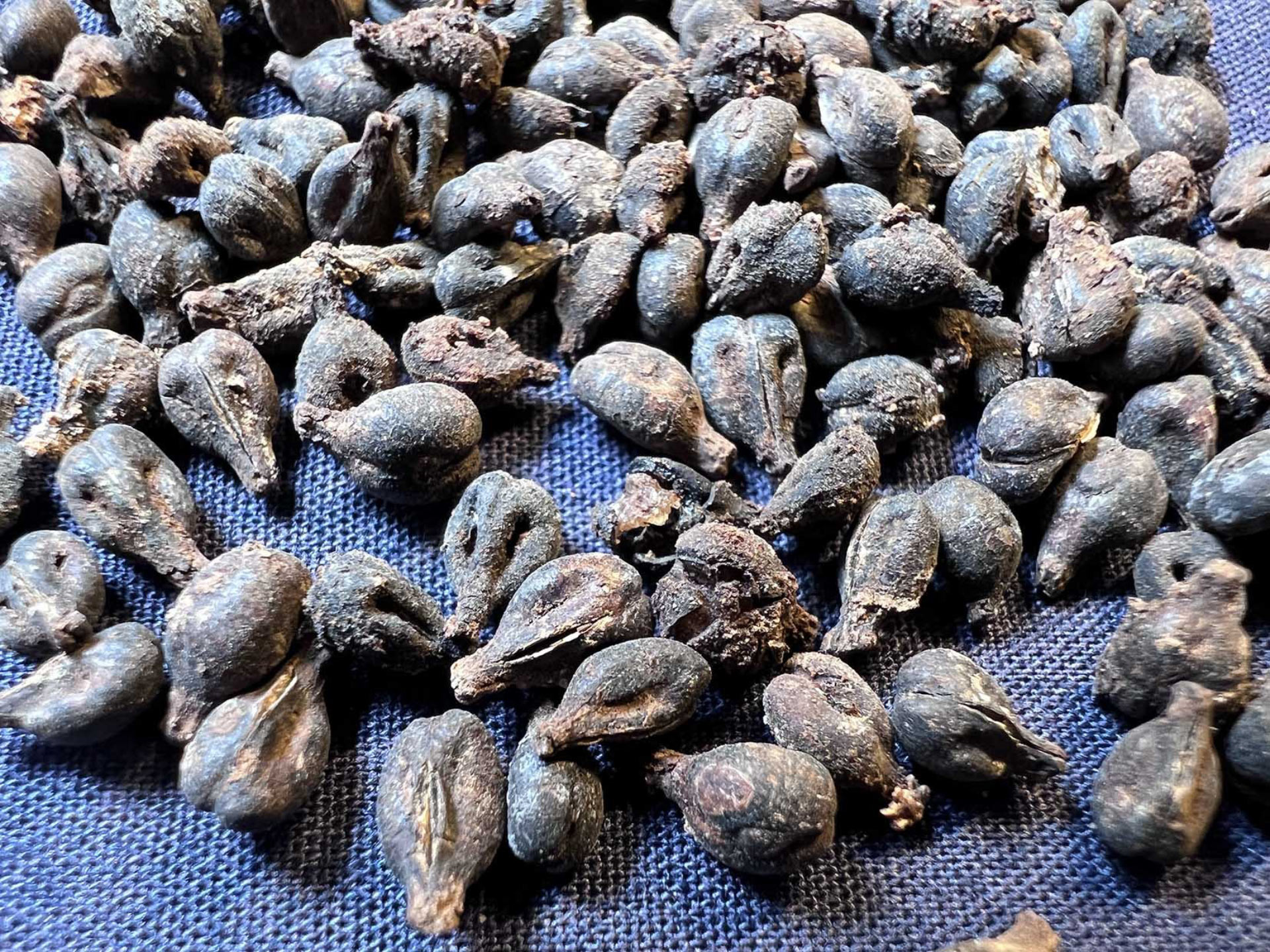Archaeologists in Abydos have unearthed sealed wine jars dating back 5,000 years in the tomb of Queen Merneith, a royal figure from Egypt’s First Dynasty (c. 3000 B.C.). This discovery sheds light on early Egyptian winemaking and raises questions about Merneith’s historical role—could she have been Egypt’s first female pharaoh?
Queen Merneith: A Powerful and Mysterious Ruler
Merneith was likely the wife of King Djet and the mother of King Den, but evidence suggests she may have ruled in her own right. Her burial in Abydos, typically reserved for kings, and the presence of a funerary stela with her name indicate her exceptional status. Some historians believe she acted as regent for her son, while others argue she was a fully recognized ruler.

Wine in Ancient Egyptian Royal Tombs
The discovery of intact wine jars containing grape seeds and organic residue provides rare insights into early Egyptian viticulture. Wine was a luxury reserved for royalty and religious rituals, often placed in tombs for the deceased’s journey to the afterlife. This finding offers the oldest known evidence of wine production in Egypt, potentially predating previously known records.

Historical Significance of the Find
The presence of wine in Merneith’s tomb reinforces her high status and suggests that early Egyptian rulers valued winemaking and trade networks. Scientific analysis of the residue may reveal details about grape varieties, fermentation techniques, and cultural exchanges in Egypt’s earliest dynasties.

A Discovery That May Rewrite History
Further study of Merneith’s tomb and inscriptions could provide definitive proof of her reign, reshaping our understanding of Egypt’s first female rulers. The sealed wine jars not only highlight early winemaking but also offer a glimpse into the burial customs of Egypt’s elite over five millennia ago.


